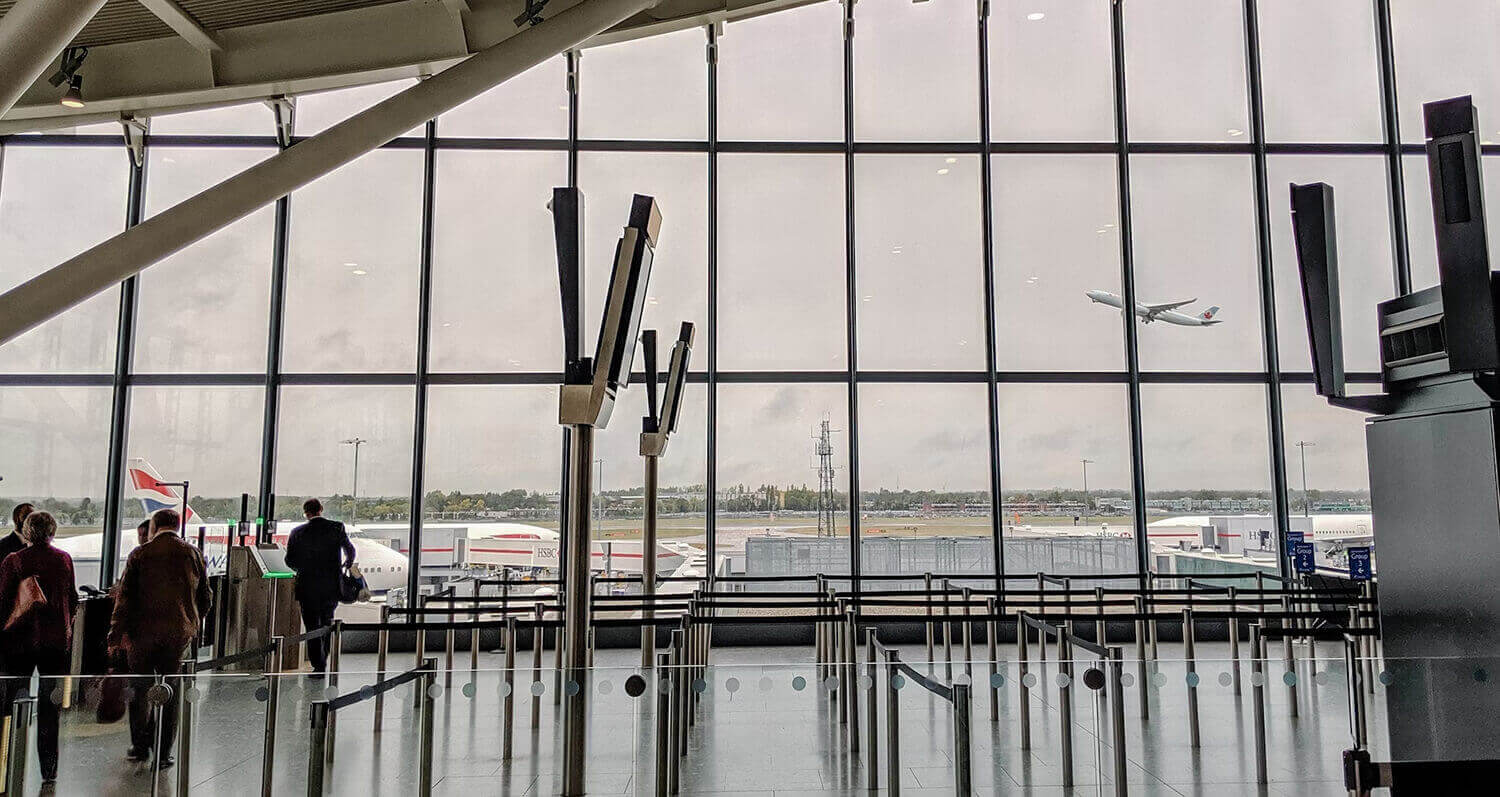
For the second year in a row, London Heathrow (LHR) has been recognised as the world’s most connected airport, as per the 2024 OAG Megahubs report. This prestigious ranking highlights Heathrow’s unparalleled global reach, offering passengers a vast array of destinations and flight connections.
Leading the Way in Global Connectivity
Heathrow’s success is largely attributed to its ability to connect travellers to 227 destinations in 85 countries, with more than 80 airlines operating from the airport’s four terminals. British Airways is the dominant carrier, accounting for 50% of all flights, solidifying its role as the key airline at the UK’s busiest airport. Heathrow stands out not only for the number of destinations it serves but also for the frequency of its flights. This high frequency enhances its connectivity, offering travellers more flexible travel options.
John Grant, Chief Analyst at OAG, explained: “The combination of destinations served and the frequency of those flights are key factors in making Heathrow the world’s leading Megahub.” Heathrow’s membership in the exclusive “Six Continent Club” is further evidence of its global significance, offering direct flights to every inhabited continent—an accolade shared by only a handful of major airports globally.
International Competitors
While Heathrow remains at the top, other global airports are also strong contenders. Kuala Lumpur International Airport (KUL) ranked second, reflecting a strong recovery in Asia Pacific. Tokyo Haneda (HND) secured third place, showing the region’s bounce-back post-pandemic. Notable European airports like Amsterdam Schiphol (AMS) and Paris Charles de Gaulle (CDG) also featured in the top 10, ranking fourth and seventh respectively. Istanbul Airport (IST) offers more destinations than any other hub, with 324 in total, but ranks eighth due to a lower frequency of flights compared to Heathrow.
Challenges on the Horizon
Despite its continued dominance, Heathrow faces growing challenges. Concerns have been raised over high passenger fees and the new £10 transit charge for certain travellers, which could potentially reduce passenger numbers. Earlier this year, industry leaders such as Luis Gallego, CEO of International Airlines Group (IAG), warned that Heathrow could lose ground to competitors like Paris Charles de Gaulle and Frankfurt if it fails to invest in efficiency improvements and lower costs.
Expanding Route Network
Despite these challenges, Heathrow continues to expand its network. Virgin Atlantic will soon introduce new routes to Accra (Ghana) and Riyadh (Saudi Arabia), while Tianjin Airlines has secured slots to operate year-round flights to Xi’an, Chongqing, and Tianjin in China. These new routes will further enhance Heathrow’s connectivity and solidify its place as the most connected airport in the world.





